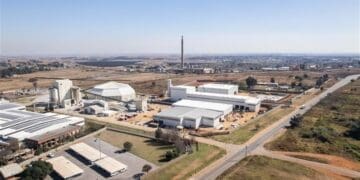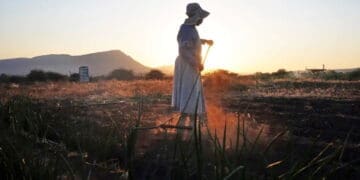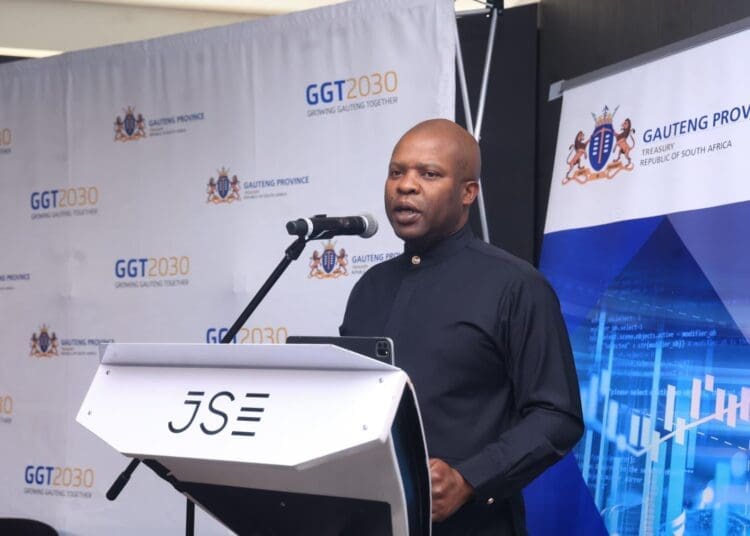The Gauteng government has unveiled its first Municipal Economic Review and Outlook (MERO), which is set to reshape how economic policy is implemented at the grassroots level.
With R2 billion already committed to township revitalisation and enterprise support, MERO offers more than just data. It provides municipalities with an actionable blueprint for enabling SMEs to thrive.
“The MERO is not just a diagnostic tool. It is our blueprint to unlock township economies, revitalise industrial parks and support SMMEs where it matters most on the ground,” said finance and economic development MEC Lebogang Maile.
He said that targeted interventions would be introduced across municipalities based on specific local challenges and economic strengths.
“SMMEs remain the backbone of Gauteng’s economy and we will ensure our support to them is deliberate, measured, and sustainable.”
MERO is designed to provide insights into GDP contributions, employment trends, sectoral strengths and areas of potential growth.
It is also set to serve as a tool for attracting investment and aligning municipal Integrated Development Plans (IDPs) with real economic needs.
Dr Vusi Gumede, an economist and public policy expert, welcomed MERO, describing it as “a vital step towards economic accountability”.
“SMEs often suffer due to generic policy approaches. What Gauteng is doing here is revolutionary planning that is nuanced and responsive,” said Gumede.
Business leaders have also applauded the move.
Gauteng SMME Chamber chairperson Amanda Dube said: “For the first time, we’re seeing government use economic intelligence to tailor support mechanisms. This gives us hope that access to finance, markets and infrastructure will be based on actual business needs, not assumptions.”
Nthabiseng Mokoena, who runs a small agro-processing business in Sedibeng, said MERO has highlighted how agriculture remained underutilised in her district.
“This gives us the leverage to push for district-specific grants and training aligned to our needs,” she said.
Kabelo Mhlanga, owner of a tech start-up, Mhlanga’s Technologies PTY Ltd, in Ekurhuleni, is optimistic about targeted innovation hubs.
“Ekurhuleni’s manufacturing base and growing tech demand means I now have a stronger case to pitch for partnerships and incubation space,” he said.
In Johannesburg, fashion entrepreneur Lerato Matlala, who owns The Ladies Style’s PTY Ltd, noted how MERO identified retail and the creative industry as a growth area.
“With this data, I can now lobby for space in development corridors and access supplier development opportunities with municipal backing,” she said.
MERO’s strength lies in its ability to align municipal priorities with real economic dynamics, from sectoral strengths to employment trends, giving rise to more informed investment, planning and SMME development.































































